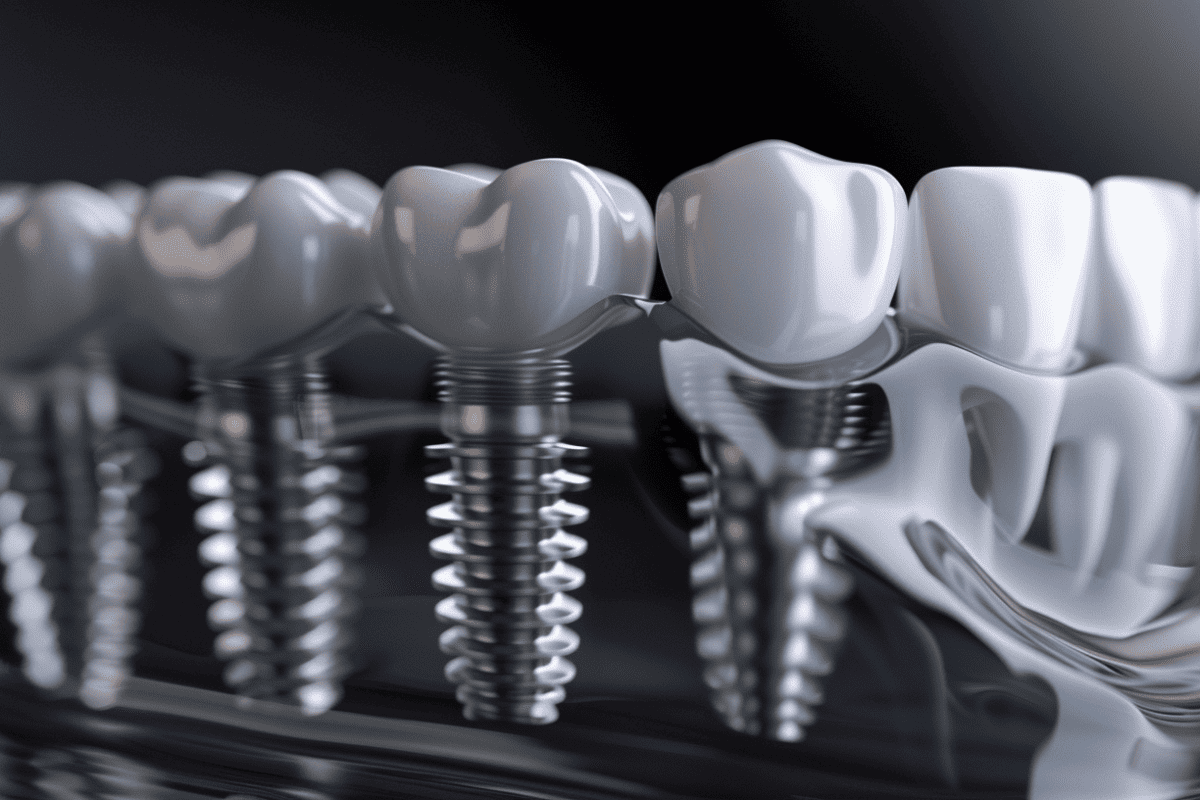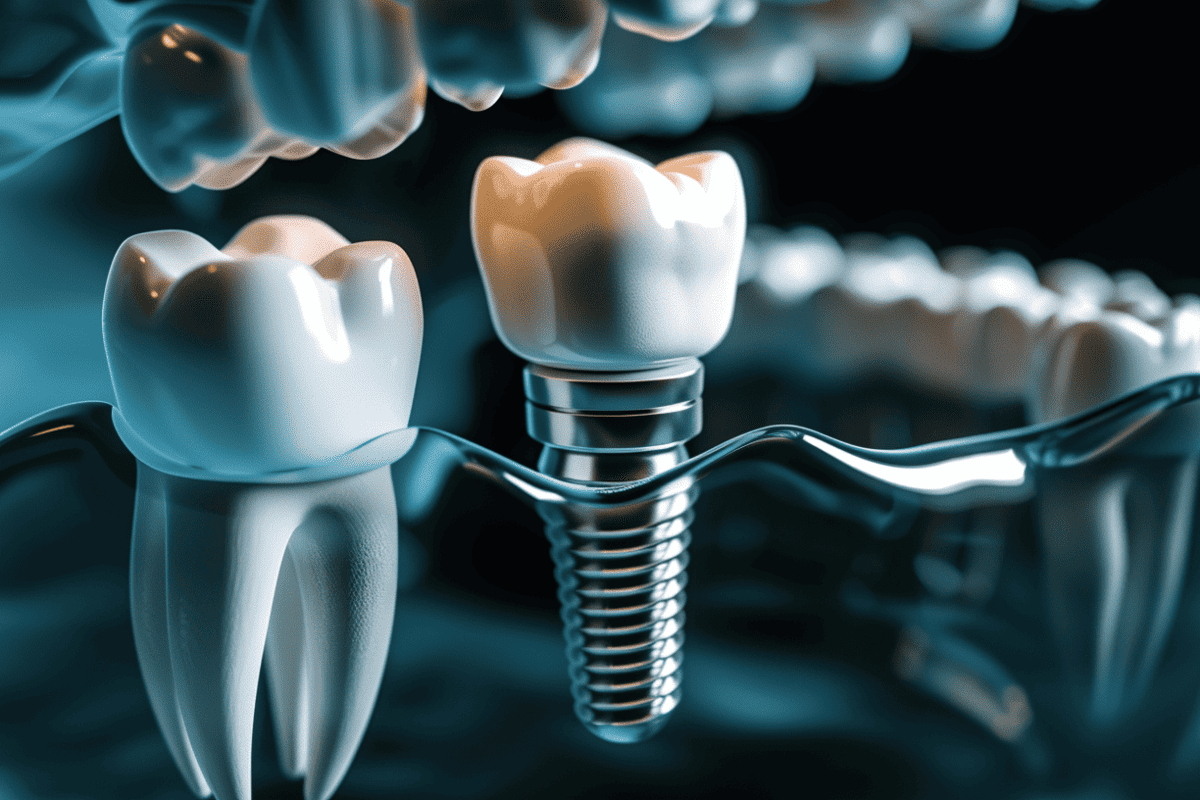From as early as you can remember, you’ve probably been told to take care of your teeth! The standard advice is to brush twice a day, floss every night and, of course, pay a visit to the dentist. While good oral care is key to keeping your teeth healthy for years to come, it actually does more than protect your smile.
Studies suggest that oral health is related to health in other areas as well. In fact good oral health has been shown to play a part in reducing issues like heart disease, rheumatoid arthritis, osteoporosis and even diabetes.
The Gum Disease, Heart Disease Link
Harvard Health Publishing found that people with gum disease are actually two to three times more likely to also have heart disease. While the link might not be direct, or may not be understood completely yet, the Harvard study suggests that it may come down to general health practices. In other words, it’s possible that people that don’t pay as much attention to oral health may also not pay attention to general health practices.
But exactly what could the link be between good oral health and cardiac health? In reality, taking care of your oral health includes more than flossing and brushing regularly, it includes changing habits that can harm your teeth and gums. This includes reducing sugar intake, giving up smoking and keeping your weight in check. Some studies also suggest that inflammation within the mouth may cause or worsen blood vessel inflammation. There has also been a demonstrated correlation between plaque in the mouth and in blood vessels.
The long and short of it is that good oral help not only reduces your changes for gum disease, but heart disease as well.
Oral Cares’s Connection to Osteoporosis
Osteoporosis means “porous bones” and that’s exactly what it is. People with osteoporosis have bones that are brittle and weakened. The condition leaves people more vulnerable to fractures. Osteoporosis is most common among older people, especially women.
The NIH’s Osteoporosis and Related Bone Diseases National Resource Center states that there is a connection between losing teeth and general bone loss. In keeping with this point, women with osteoporosis are statistically three times more likely to also experience teeth loss!
The NIH does say that it’s not completely clear if one type of loss causes the others. So while there is a link, experts can’t yet say there is a cause and effect relationship between tooth and bone loss. We do know, however, that poor nutrition is linked to both osteoporosis and periodontitis.
The reality of it is that it’s important to your overall health to be on top of your dental health as well. That means visiting your dentist for regular checkups twice a year, getting your teeth cleaned and having X-rays as recommended. Your board certified dentist can help spot signs of bone decay, which may indicate bone loss in other areas as well.
Oral Care and Rheumatoid Arthritis
Rheumatoid arthritis, sometimes simply referred to as RA, is a type of autoimmune disease. RA is characterized by painful swelling and inflammation of joints and tissues.
Research may not point to a link between RA and oral health, but there is a type of connection. Having good oral health is always important, but even more vital for people with any type of autoimmune disease, RA included.
Johns Hopkins Arthritis Center published an article discussing the fact that some RA medications contribute to a range of oral issues, including painful mouth ulcers. This issue elevates the need for good oral care for RA patients. This includes regular brushing, flossing and using a high quality mouthwash that prevents plaque build up and remineralized the teeth.
While good oral hygiene is important for everyone, it’s especially beneficial for autoimmune patients, including those dealing with RA. Not only can it help reduce the spread of infections, but it can reduce tooth decay and boost oral health.
Oral Health’s Impact on Diabetes
Oral health is not a contributing factor in diabetes, but it has elevated importance for diabetic people, including those at risk for developing it. This is because diabetic people are statistically at a greater risk for developing periodontal disease. And since diabetes slows the healing process, it is especially important to protect gums and teeth to reduce the risk of infections that stem from problems in the mouth.
Fortunately, people with diabetes, or those at risk for developing it, can take measures to protect themselves. The key is to double down on your oral health with regular brushing, flossing and through preventative dental care.
Health Starts in the Mouth
From the food you eat to your oral hygiene, living your most healthy life starts with the mouth! Protect yourself with the following the recommendations given by the American Dental Association (ADA):
- Brush your teeth with fluoridated toothpaste twice a day, every day.
- Use floss or similar interdental cleaner (i.e. dental picks) daily.
- Visit your dentist two times a year for checkups, including cleanings and x-rays as needed.
- Stop smoking.
- Use alcohol-free mouthwash as recommended by your dentist.
Last but not least, watch for signs of gum disease, like swelling, tenderness or bleeding and odor. If you notice anything, visit your dentist right away.
This is a sponsored post
Digital Health Buzz!
Digital Health Buzz! aims to be the destination of choice when it comes to what’s happening in the digital health world. We are not about news and views, but informative articles and thoughts to apply in your business.


